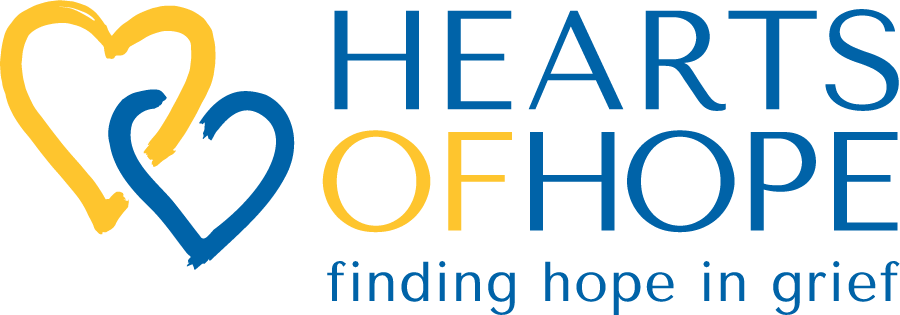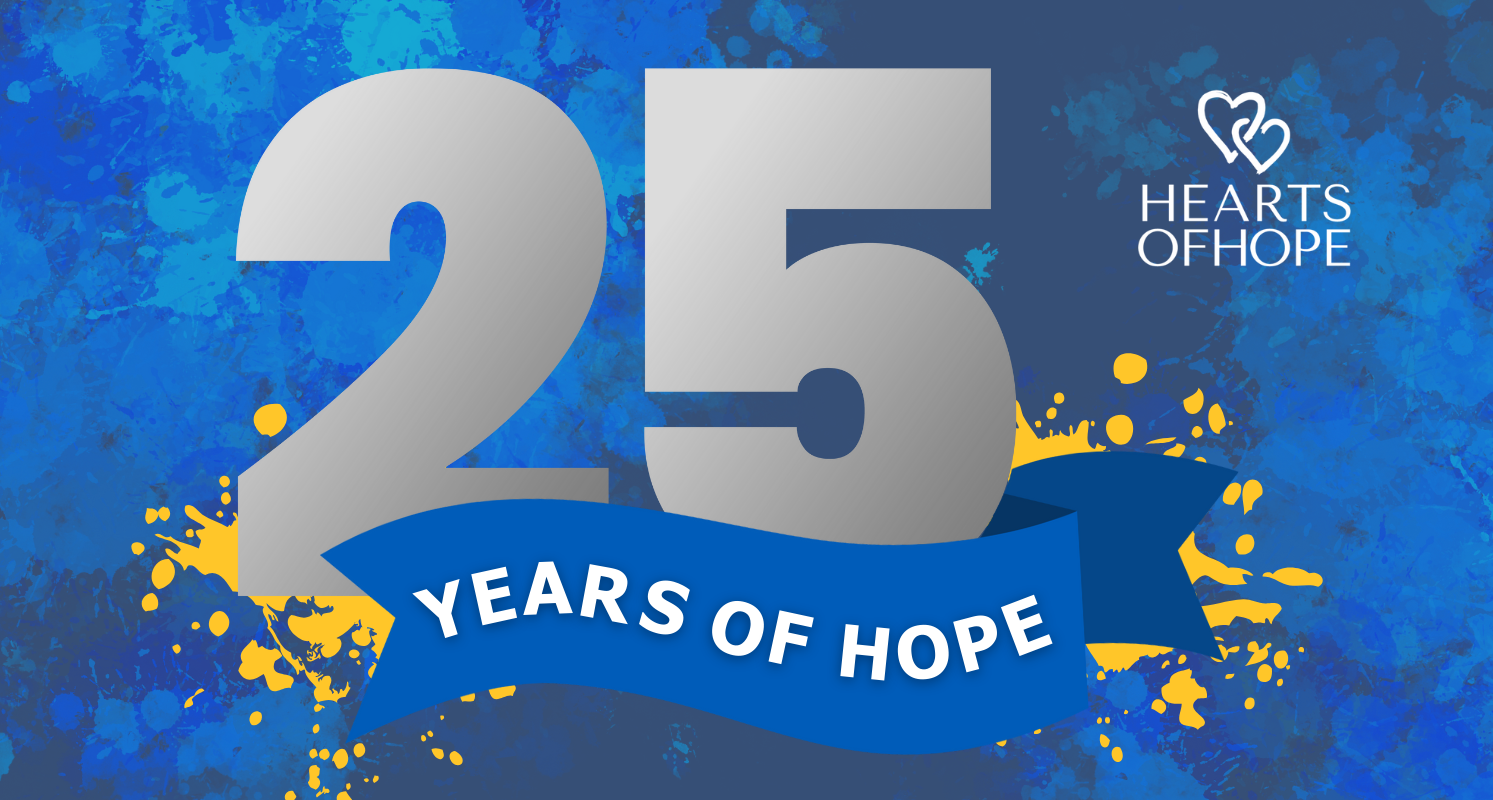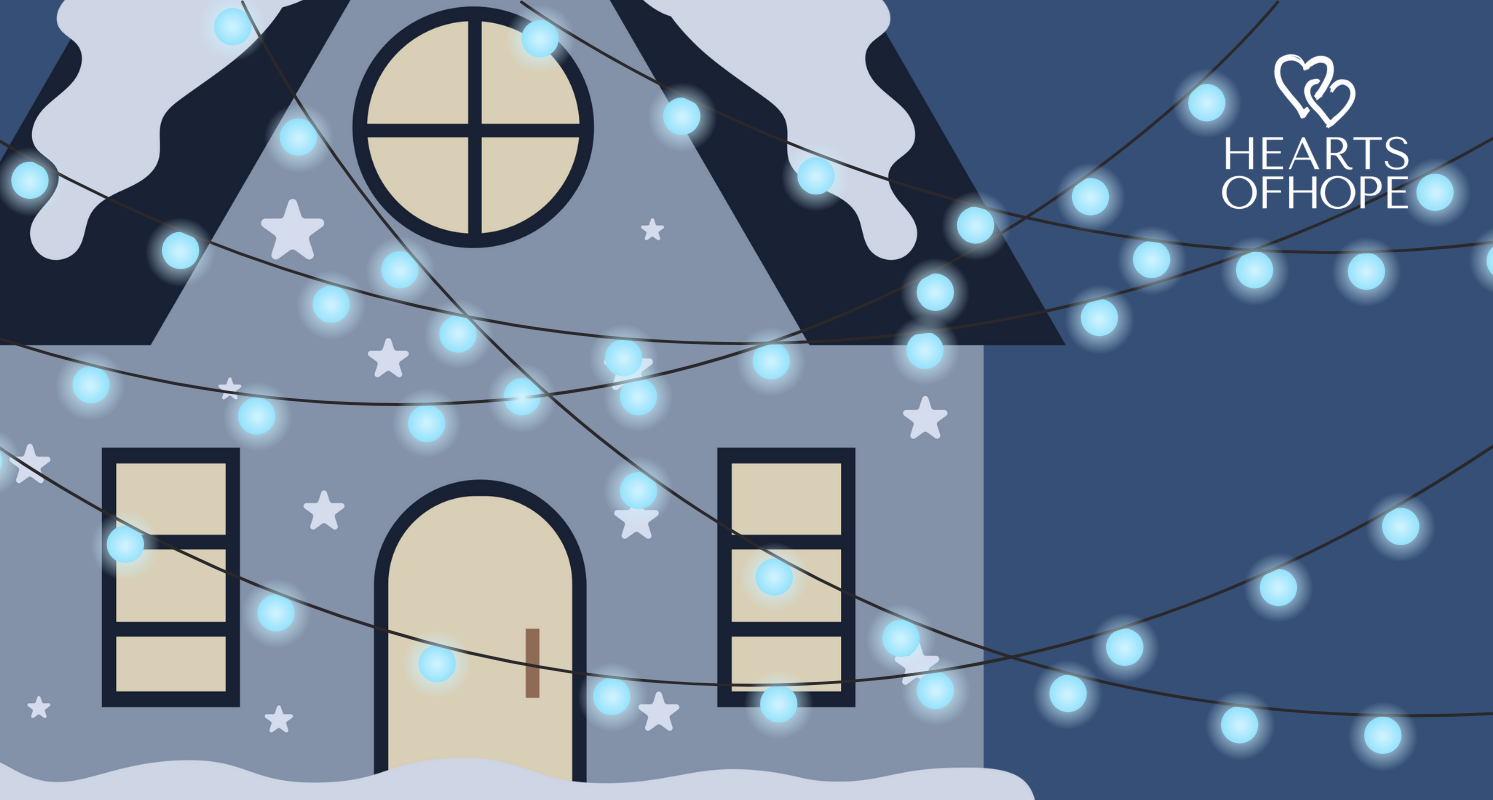Letters from Judy: There is No ‘Frontrunner’ in Grief

When grieving feels like a competition

At the Heart of It
• Sometimes sharing about our grief with others can end up feeling like a competition—who has had the “worst” experience, or who will “win” by giving the “right” answers about how to grieve?
• This is common and can happen in a variety of ways, and it’s often unintentional.
• The way to combat this is to remember that grief is not a race or a contest. There are no winners or losers. Your grief experience is unique to you, and it might look different than others’—and that’s okay.
One of the most important aspects of grief recovery is finding someone we trust to talk to about our experiences. When we share our stories, we begin to find connection with others who are going through something similar. That connection reminds us that we are human, and that while our losses may be deeply personal, we don’t have to walk through them entirely on our own.
Still, as comforting as connection can be, it can also be complicated. Even the most well-meaning responses to our grief can sometimes leave us second-guessing ourselves.
Maybe someone says, “You’re so strong. I could never do what you’re doing.” Instead of feeling encouraged, we might wonder if we’re showing the “right” amount of pain. Or perhaps we share about the loss of our loved one near an important birthday, and someone responds: “Oh, I know. My dad died on my birthday. It was awful.”
The Sudden Unexplained Death in Childhood Foundation (SUDC) calls this “Grief Olympics.” Others call it “competitive grief” or “grief hijacking.” While the person speaking might have meant to connect with our grief by saying they’d been through something similar, in reality it can come across as a comparison, like they’re one-upping our experience with something even “worse.” When that happens, grief can begin to feel like a measuring stick—one we never asked to be handed.
Or maybe it’s even simpler than that. At a recent session of our GRIT™ program, for example, participants were asked to write down their immediate emotional response to a hypothetical grief scenario. Each response was written on a sticky note, and when we placed them all together, something caught our eye. Several people had written the same word: “angry.”
“It looks like ‘angry’ is a frontrunner,” we commented.
But that phrasing had unintended implications that there was some kind of medal to be won, when that wasn’t the case, and never is in grief. Because grief is not a race. It is not a contest. There are no winners and no losers. There is no “most common” response that somehow makes all others less valid. If one person feels anger and another feels confusion, if one feels numb while another feels overwhelmed, each is telling the truth of their own heart—and every truth deserves to be honored. There is no wrong way to grieve.
And just as there is no wrong way to grieve, there is also no “right” way. There is no secret formula, no perfect roadmap, no trophy waiting at the finish line for those who “get it right.” Healing does not come from winning. It comes from honesty, compassion, and patience with ourselves.
After the GRIT™ session was over, one of our board members, Terry, summed it up perfectly: There is no frontrunner when it comes to grief.
So, if you find yourself comparing your grief to someone else’s, take a breath. Remember Terry’s words. There are no frontrunners. There is only the slow, tender work of healing in your own time, in your own way. And you don’t have to do it alone.
If you or someone you love is looking for a safe place to share, connect, and find encouragement on the journey of loss, we invite you to join us through our various programs or reach out to our team. You are not in competition, and you are not alone. Your story matters, just as it is.
Pause for a Beat
• Have you ever felt like your grief was being minimized by someone else “hijacking” your story with one of their own?
• What are some ways we can communicate our needs to others when this happens?
• What unintentional misconceptions might you have about how you are “supposed” to grieve, and what daily mantras can you use to dispel them? Write them down somewhere you can see them!
Until next time, I remain yours in hope,

Hope and Healing Toolbox
- Learn more about homesickness in this in-depth article by Skidmore College’s Counseling Center
- Try searching VolunteerMatch.org, a worldwide volunteer network that pairs volunteers with causes in your new community
- Use EventBrite.com and similar sites to find cultural events to make you feel at home


